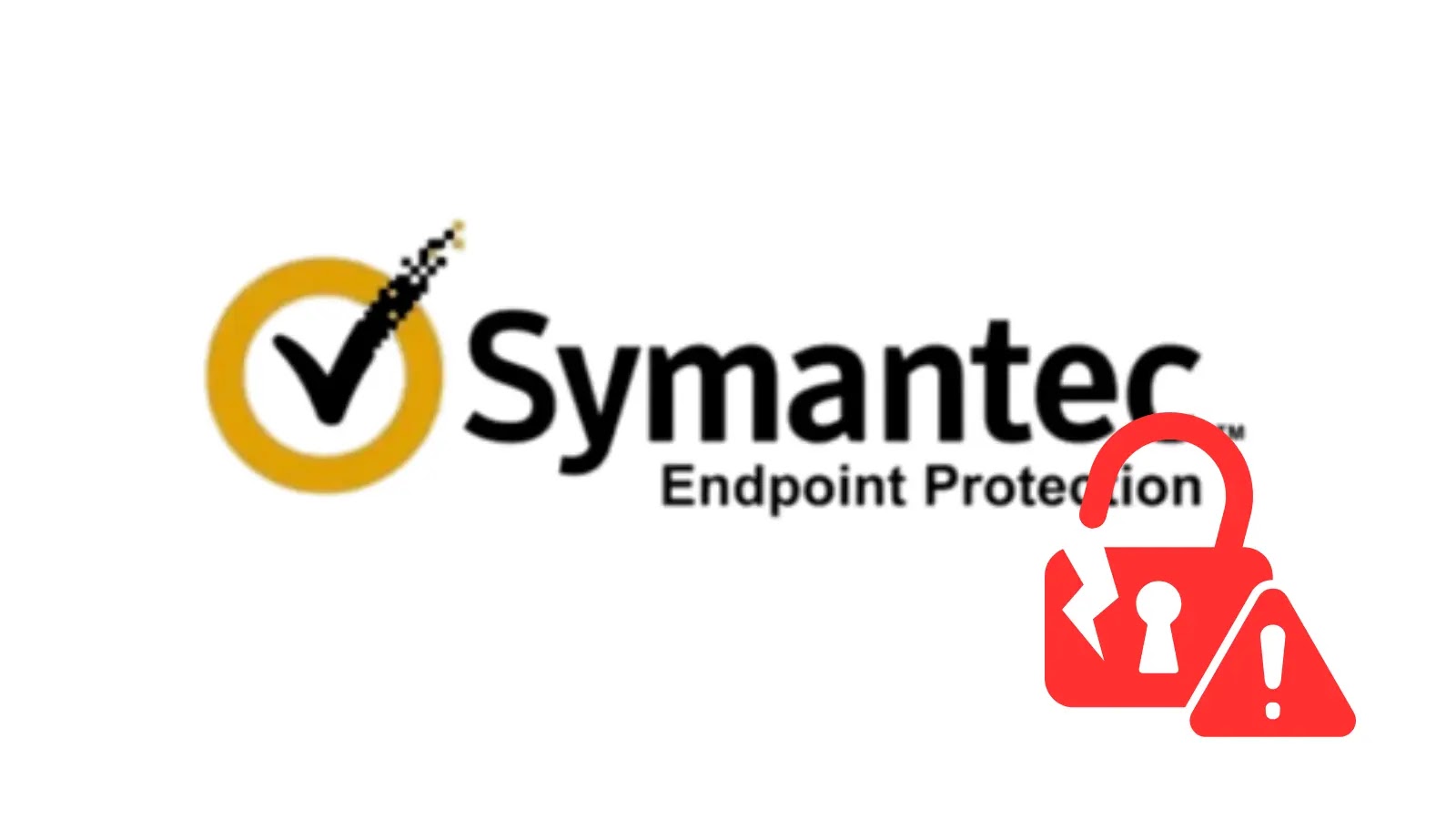A significant security flaw has been identified in Broadcom’s Symantec Endpoint Management Suite, potentially allowing unauthenticated attackers to execute arbitrary code remotely. This vulnerability, designated as CVE-2025-5333, carries a critical CVSS v4.0 score of 9.5, underscoring the severe risk it poses to enterprise IT infrastructures.
Understanding the Vulnerability
The core of this issue lies within the Symantec Altiris Inventory Rule Management (IRM) component. Specifically, the vulnerability targets an exposed legacy .NET Remoting endpoint located at `tcp://
Affected Versions
The vulnerability impacts the following versions of the Symantec Endpoint Management Suite:
– 8.6.x
– 8.7.x
– 8.8
Technical Details
The root cause of this vulnerability is the insecure deserialization of .NET objects. The IRM component utilizes the `BinaryServerFormatterSinkProvider` with the `TypeFilterLevel` set to `Full`. This configuration permits unrestricted object deserialization, allowing attackers to craft malicious .NET objects that, when processed by the target server, can lead to arbitrary code execution.
Discovery and Exploitation
Security researchers from LRQA uncovered this vulnerability during a Red Team assessment. They identified exposed processes on a hardened endpoint and, using PowerShell enumeration commands, located port 4011 bound to `0.0.0.0`, indicating global network accessibility.
Further analysis with the DnSpy .NET debugger revealed the use of `RemotingConfiguration.RegisterWellKnownServiceType`, confirming the presence of legacy .NET Remoting. The researchers successfully demonstrated exploitation using James Forshaw’s `ExploitRemotingService` tool with the command:
“`
ExploitRemotingService.exe –uselease tcp://
“`
Risk Assessment
The risk factors associated with this vulnerability are as follows:
– Affected Products: Broadcom Symantec Endpoint Management Suite (Altiris) versions 8.6.x, 8.7.x, and 8.8.
– Impact: Unauthenticated Remote Code Execution (RCE).
– Exploit Prerequisites:
– Network access to the target system.
– Port 4011 accessible.
– No authentication required.
– No user interaction needed.
– CVSS v4.0 Score: 9.5 (Critical).
Mitigation Measures
In response to this discovery, Broadcom’s Product Security Incident Response Team (PSIRT) has confirmed that port 4011 is not required for normal operations, as per official documentation. To mitigate the risk, organizations are advised to:
1. Firewall Configuration: Ensure that firewalls block port 4011 on Notification Servers to prevent remote exploitation.
2. Service Configuration: Configure the `IRM_HostedServiceUrl` core setting with an empty value and restart the Altiris Inventory Rule Management Service.
Broadcom has also committed to restricting .NET Remoting access to localhost-only in upcoming releases to further enhance security.
Immediate Actions for Organizations
Organizations utilizing the affected versions of the Symantec Endpoint Management Suite should take the following steps immediately:
– Verify Firewall Settings: Confirm that port 4011 is blocked on all relevant servers to prevent unauthorized access.
– Update Configurations: Adjust the `IRM_HostedServiceUrl` setting as recommended and restart the associated services to apply the changes.
– Monitor for Unusual Activity: Implement monitoring to detect any attempts to exploit this vulnerability, ensuring that any suspicious activity is promptly addressed.
Conclusion
The discovery of CVE-2025-5333 highlights the critical importance of proactive vulnerability management and the need for organizations to stay vigilant. By promptly implementing the recommended mitigation measures, organizations can protect their IT infrastructures from potential exploitation and maintain the integrity of their systems.



